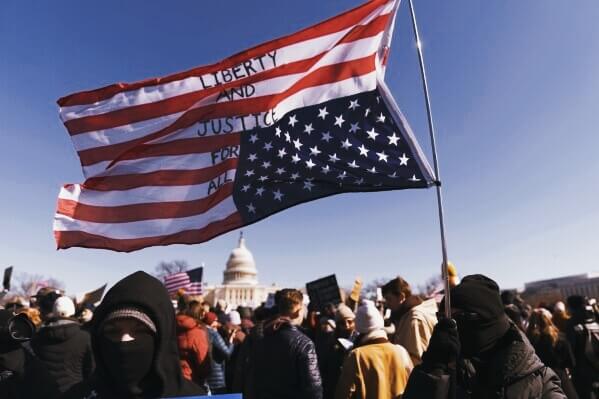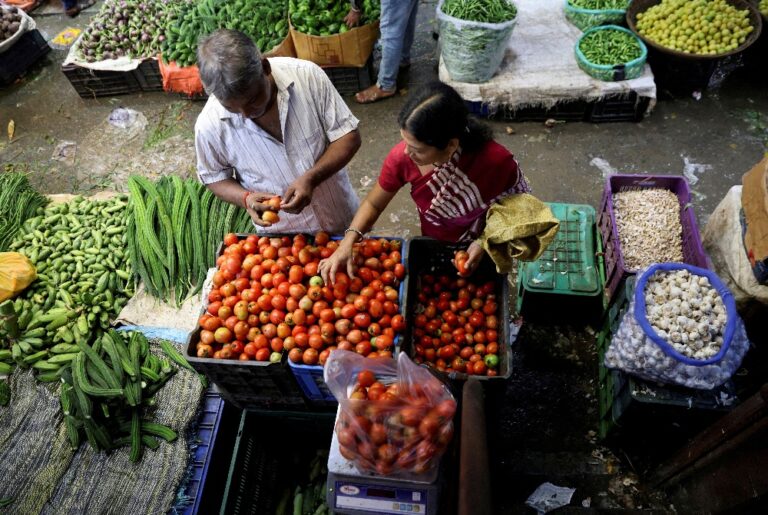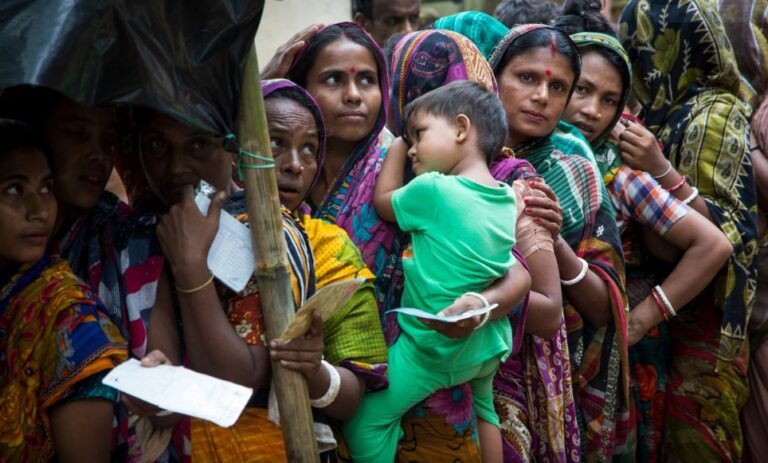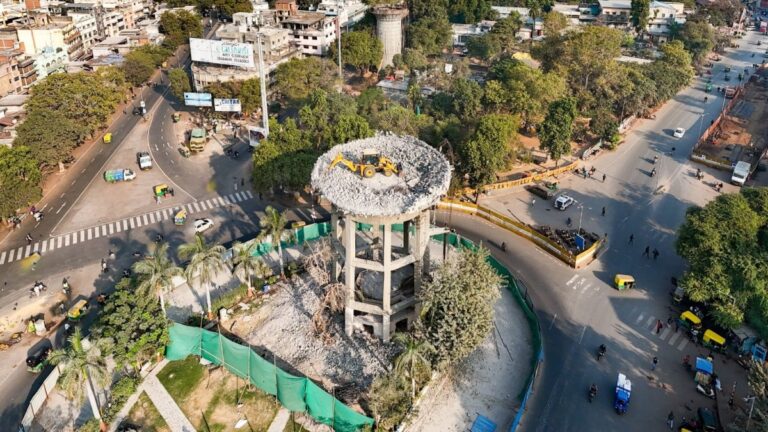In early June 2025, Donald Trump protests erupted in Los Angeles after sweeping ICE raids shook the city. What started as immigration enforcement quickly escalated into mass protests, violence, and an unprecedented move by Trump to deploy federal troops without California’s consent.
This blog dives deep into two urgent questions:
- Are immigration raids increasing unrest instead of ensuring security?
- Should the president have the power to override state leaders in times of protest?
Are Donald Trump’s Immigration Raids Causing More Civil Unrest Than Control?
The Donald Trump protests began in response to immigration raids that led to dozens of arrests. Protesters saw these actions not as law enforcement—but as intimidation tactics targeting vulnerable communities.
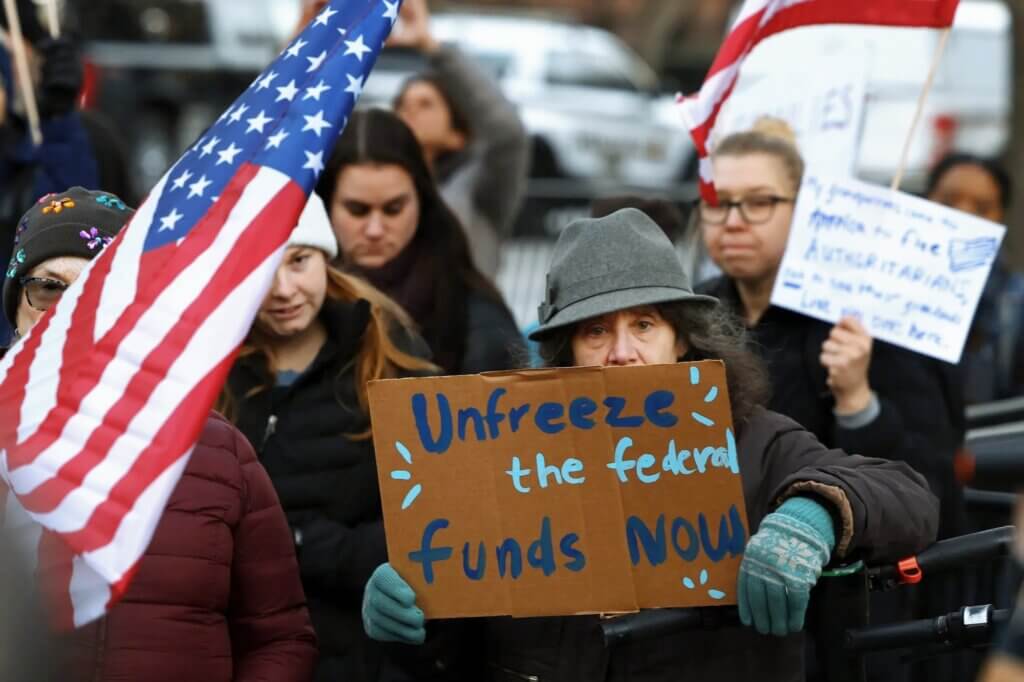
Key concerns include:
- Workplace raids creating fear across immigrant families.
- Protesters and bystanders injured during aggressive crackdowns.
Escalation of peaceful protests into violent confrontations.
Critics argue that Trump’s hardline immigration strategy fuels anger and disunity, especially in sanctuary cities like LA. Instead of restoring law and order, these raids have sparked division, protest, and in some cases, chaos.
Can Donald Trump Override States by Deploying Troops?
Perhaps the most controversial aspect of the Donald Trump protests was the President’s decision to deploy 2,000 National Guard troops under Title 10—without the approval of California Governor Gavin Newsom.
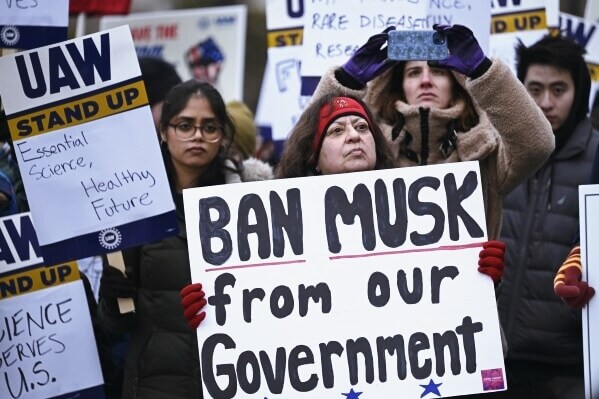
Legal scholars and civil rights advocates have raised red flags:
- Title 10 allows troop deployment but bypassing a governor is nearly unprecedented.
- This could set a dangerous precedent of federal overreach in politically motivated situations.
- It raises concerns about militarizing protests and silencing dissent.
Newsom called the move “deranged” and a “threat to democracy,” while others warned this could open the door to future abuse of executive power.
What Do the Donald Trump Protests Mean for American Democracy?
The Donald Trump protests are more than a reaction—they are a signal. A signal that the country is in deep debate over the direction of its democracy.
At the center lies the question of who has the power:
- Local communities demanding protection and justice.
- A federal government asserting authority through force.
- Immigrants caught in the middle of a political storm.
Conclusion: Democracy at a Crossroads
The Donald Trump protests in Los Angeles have become a flashpoint in the national conversation. They expose the fragile balance between security and civil rights, state and federal authority, and protest and power.
Whether you support Trump or not, this moment challenges every American to ask:
What kind of democracy do we want? One built on force, or on freedom?
